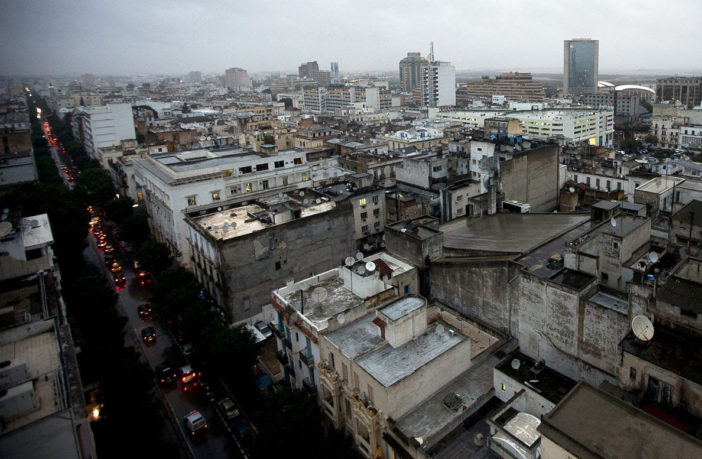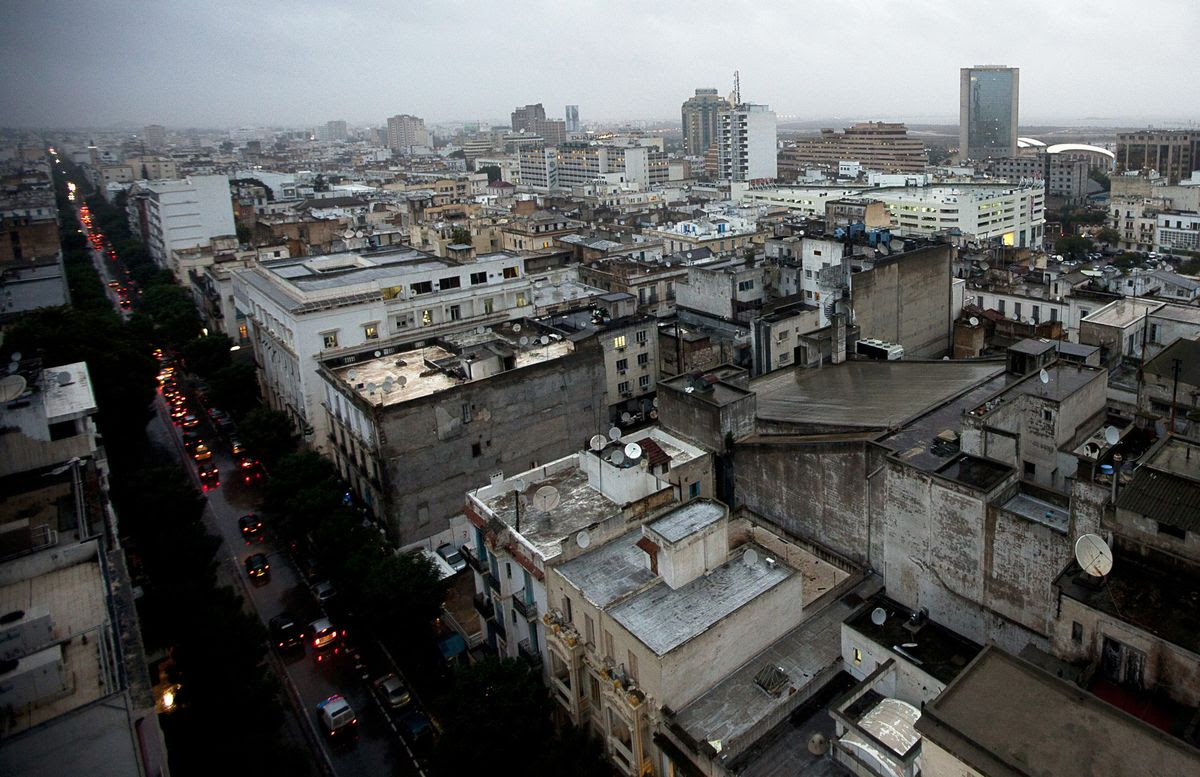Bloomberg
More stories by Ahmed Feteha
Photographer: Trevor Snapp
The International Finance Corporation is planning to expand infrastructure investment in Morocco and Tunisia as the North African nations cut spending to rein in budget deficits.
IFC, the World Bank’s private sector arm, plans to invest $373 million in Maghreb nations, mostly in Morocco and Tunisia, Sérgio Pimenta, the Washington-based lender’s vice president for the Middle East and Africa, said in an interview. The IFC is also helping the two North African governments form private-public partnerships to help finance infrastructure projects, he said.
While Morocco’s economic prospects are more favorable than Tunisia’s, neither country can afford to invest heavily in infrastructure, Pimenta said. The IFC is also working on providing finance for small and medium enterprises in the two countries to help create jobs.
IFC’s efforts are part of a broader drive to bring in foreign investments to ease high youth unemployment in both countries. With varying success, the two nations are attempting to implement International Monetary Fund-backed measures that include cutting red tape, reducing spending, and loosening currency restrictions.
Downgrade
Tunisian officials have struggled to turn around the economy in the seven years since President Zine El Abidine Ben Ali was ousted. Austerity measures have fueled violent protests and hobbled implementation of planned reforms, delaying an IMF loan installment. Last week, Moody’s Investors Service downgraded the nation’s credit rating for the second time in seven months to five levels below investment grade, citing the deteriorating fiscal situation and dwindling reserves.
“If there’s one area that I’d encourage Tunisia to focus on, it is how can you simplify process” for doing business, Pimenta said. That would especially help startups, which could create jobs and bring innovation to the country, he said.
The IFC is also considering providing long-term financing to struggling tourism-related companies and helping them to restructure debt, he said. The once-robust sector has been harmed by militant attacks since 2015 but is slowly recovering.
Morocco Praise
In Morocco the story is much different. Authorities this year successfully introduced wider fluctuation bands for the dirham, winning praise from the IMF and international investors. Economic growth is expected to rise to 4.5 percent in the medium term, according to the IMF. Morocco’s economy continues to be one of the Arab world’s best-performing thanks to the relative stability it has enjoyed since the 2011 Arab Spring uprisings.
Pimenta said the move toward flexibility makes Morocco more competitive, but it needs additional measures to boost growth. Investment in education is key, as is facilitating smaller companies’ access to finance, he said.
“The big development challenge and the opportunities is the issue of entrepreneurship, the missing middle of small and medium enterprises that are not as present as other countries that have similar level of GDP per capita,” he said.








